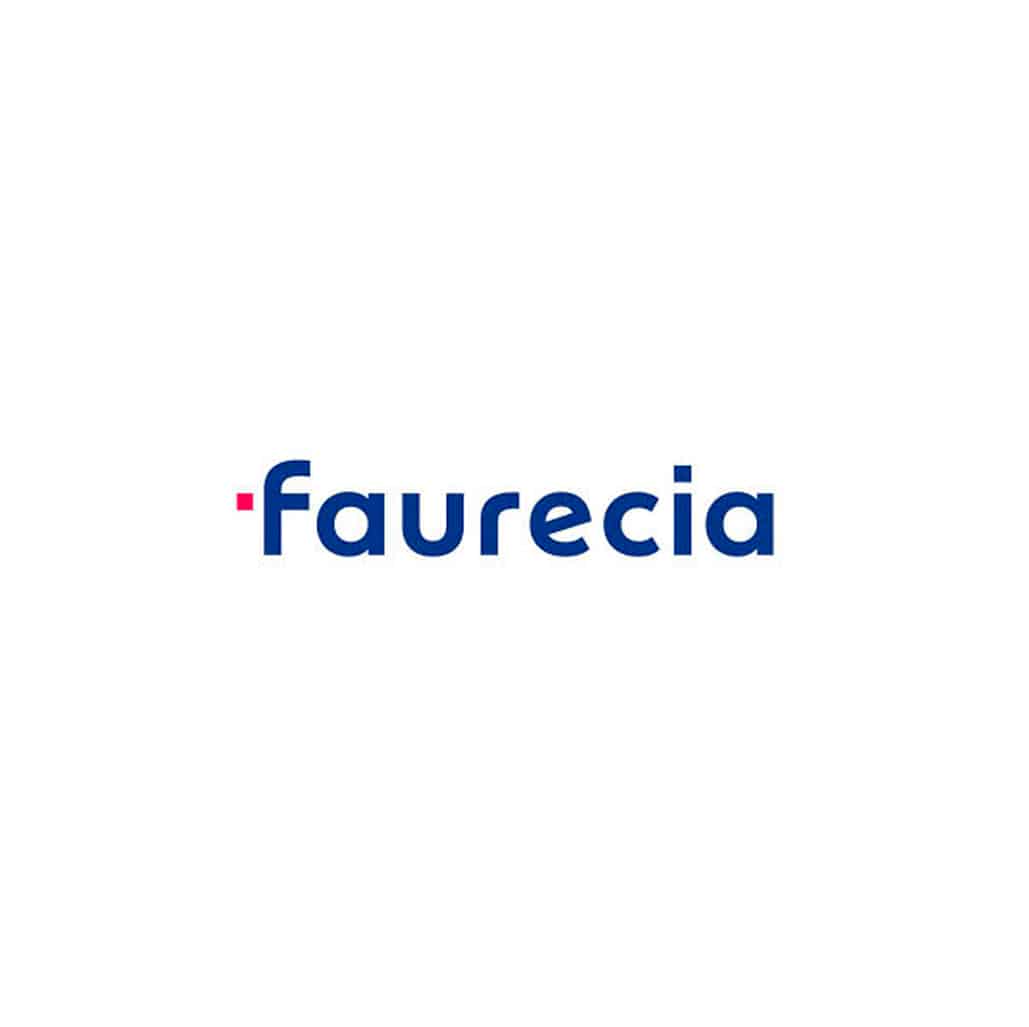Development of a light bio-sourced material NAFILean-R, reaching automotive specifications

Faurecia has developed NAFILean-R, a light composite material, recycled and recyclable, its usage allows a significant carbon footprint reduction of automotive non-visible interior parts.
Main project's drivers for reducing the greenhouse gas (GHG) emissions
Energy and resource efficiency
Energy Decarbonisation
Energy efficiency improvements
Improving efficiency in non-energy resources
Emission removal
Financing low-carbon issuers or disinvestment from carbon assets
Reduction of other greenhouse gases emission
Project objectives
Carbon footprint reduction of some automotive parts by using low carbon material, recycled and bio-sourced and allowing weight reduction.
Both the gradual exhaustion of fossil resources and increasing environmental concerns were among the factors that led Faurecia to define a clear strategy regarding sustainable development based on Six Convictions.
In this context, Faurecia’s ambition is to reach CO2 neutrality by 2030.
Based on the most rigorous and conclusive scientific facts, Faurecia has built a roadmap to deploy by several stages : carbon neutral on direct emissions by 2025 (scope 1), carbon neutral for controlled emissions by 2030 (scope2 and scope3 upstream) and carbon neutral for total emissions (car usage integration) by 2050 (scope3 downstream).
In this context, by replacing traditional products based on glass fibers reinforced polypropylene, Faurecia adopted a pro-active approach by developing effective material made of renewable resources. Faurecia offers a material family, NAFILeanTM answering two key automotive trends which are lightweight and use of low CO2 emission material. Within this family, the new grade NAFILean-R offers the following advantages:
- NAFILean-R is made of recycled polypropylene (at 100%) reinforced by hemp fibers (natural and renewable) at 20%, with an emission factor significantly lower than standard automotive material reinforced by glass fibers.
- NAFILean-R is processable on classic injection molding machines and allows, by architecture optimization and density reduction, 11% weight reduction compared to standard automotive material reinforced by glass fibers.
- 25% complete life cycle analysis improvement compared to classic parts made of reinforced glass fibers material (LCA covering material production (hemp and recycled use), part injection (process temperature and cycle time reduction), usage (weight reduction) and the end of life considered same for both parts).
- This material is 100% recyclable.
NAFILean-R allows Faurecia to produce light automotive parts with very high environmental performance. Moreover, NAFILean-R is a commercial grade validated on automotive structural non-visible parts.
Emission scope(s)
on which the project has a significant impact
- Emission scopes
- Description and quantification of associated GHG emissions
- Clarification on the calculation
Scope 1
Direct emissions generated by the company's activity.
Scope 2
Indirect emissions associated with the company's electricity and heat consumption.
Scope 3
Emissions induced (upstream or downstream) by the company's activities, products and/or services in its value chain.
Emission Removal
Carbon sinks creation, (BECCS, CCU/S, …)
Avoided Emissions
Emissions avoided by the activities, products and/or services in charge of the project, or by the financing of emission reduction projects.
Scope 2 – Use of recycled polypropylene and hemp fibers in replacement of virgin polypropylene and glass fibers.
Process temperature decrease and cycle time reduction.
- Quantification : Based on 300,000 parts produced in France (1kg each), it corresponds to a saving of 3T CO2 eq per year.
Scope 3 – A Weight reduction if the car integrating parts designed with this material (all other things remaining equal)
- Quantification : The 1kg weight reduction of a vehicle thanks NAFILean-R use versus standard solution generates an emission reduction of 0,04g CO2 per driven km.
Emission removal – Carbon storage in hemp
- Quantification : By taking the difference between emission factor with and without biogenic carbon, we estimate 330g of CO2 extracted from atmosphere by the biomass to produce 1kg of NAFILean-R
Avoided Emissions – Weight reduction of vehicle using parts designed with this material (all other things remaining equal)
- Quantification : The 1kg weight reduction of a vehicle thanks NAFILean-R use versus standard solution generates an emission reduction of 0,04g CO2 per driven km.
The use of NAFILean-R (recycled polypropylene and hemp fibers) in replacement of glass fiber reinforced polypropylene (for which emission factor is 2,24 kgCO2/kg of material), generates a carbon footprint reduction of automotive parts made of this material. The emission factor of NAFILean-R is then 0,16 kgCO2/kg of material (cradle to gate).
- The hemp use in replacement of glass fibers generates a part carbon footprint reduction and also allows to sequester carbon (store in hemp). The hemp growth is not an issue neither in terms of availability of agricultural lands nor in food diversity: hemp is cultivated on land in fallow (soil rotation). Moreover, it would be possible to equip all European carmakers with about 5000 hectares of land
Key points
Invested amount
450k €
Starting date of the project
2018
Project localisation
France
Project maturity level
Prototype laboratory test (TRL 7)
Real life testing (TRL 7-8)
Pre-commercial prototype (TRL 9)
Small-scale implementation
Medium to large scale implementation
Economic profitability of the project (ROI)
Short term(0-3 years)
Middle term (4-10 years)
Long term (> 10 years)
Illustrations of the project
Production advantages: Using NAFILean-R allows:
- Less quantity of material (thickness reduction) consumption,
- Less new resources consumption by using recycled matrix,
- Natural fibers as reinforcement integration, coming from French hemp sector, organized, and known as virtuous (no irrigation, no phytosanitary products, no GMO, plant with several co-products and improving naturally agricultural yield).
Usage advantages: The weight saving generates a fuel consumption reduction and, proportionally, a reduction of all associated externalities.
End-of-Life advantages: NAFILean-R can be integrated in classic recycling sector, with a density below 1 it can be separated and revalorized.
Society advantages: This material constitutes an complement of activity and incomes for French agricultural sector, without entering in competition with food productions.
Moreover, it allows the reduction of fossils energy and carbonated material dependency.
No reproductivity issue.
The success factors to pursue this project are mainly qualitative recycled polypropylene capacity extension, which means an improvement on sortig technologies and plastic wastes collection.
NAFILean-R producer is Automotive Performance Materials (APM): a joint Venture between Faurecia and Interval, based in Dijon.
Internet Website: https://www.apm-planet.com/
Contact the company carrying the project :
contact@apm-planet.com

